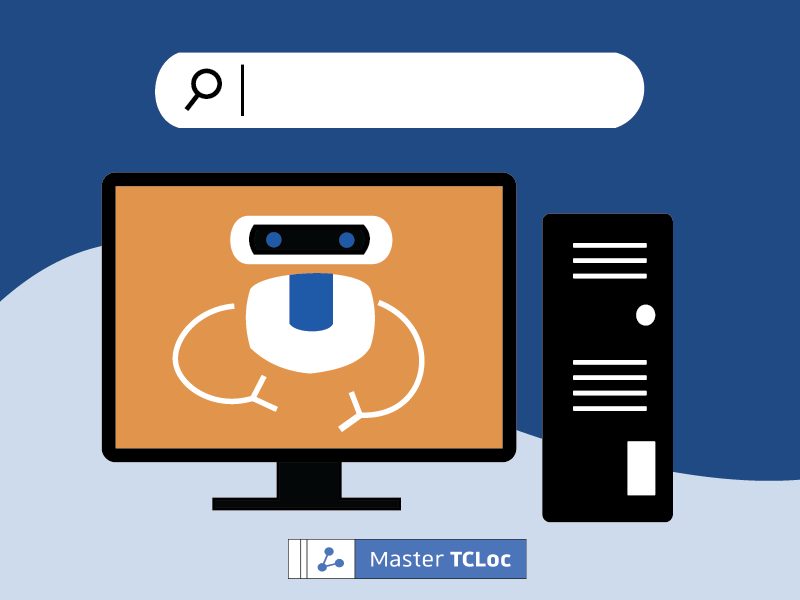In a world where Google Penguin is constantly watching you, getting backlinks can get quite complicated. However, as any SEO expert knows, these links are essential to optimized content and can massively improve your online visibility. Thanks to guest blogging, a netlinking strategy, you can make it! Here is what you need to know…
A Post-Google Penguin World
First things first, let’s have a quick reminder! After the appearance of Google Panda – which was launched in 2011 to penalize low-quality websites – a new algorithm update was introduced to the world in 2012. Name: Google Penguin (aka the “webspam algorithm update”). Aim: to catch websites deemed to be using inappropriate SEO strategies including spamdexing and excessive netlinking.
Yet, linking strategies are necessary to boost your SEO! As a consequence, all you need to know is how to use them while respecting Google’s general guidelines. In order to do so, your permanent goal must be to focus on quality rather than quantity and, above all, to think of your audience first. Indeed, if there is one thing that Google appreciates, it is relevance.
Guest Blogging
What is It?
Just like content localization, guest blogging can allow you to reach a wider audience. But what is it exactly? Guest blogging is a method that can be used by any owner of a blog or website containing an article section. It simply consists in writing content for other similar blogs. Thanks to guest blogging, you can expand your readers, improve your ranking and attract new people to your website. You are in fact creating your own backlinks.
However, you need to respect some principles because – yes – low-quality guest blogging is a thing too.
How to Avoid Penalties?
Here are some rules to prevent your guest posts from being irrelevant:

- Respect the editorial policy of the host website. In order to do so, choose a site that already has an audience who could be interested in the content you are offering on your own blog. A high-quality guest blogging campaign is all about mutual interest.
- Check the content quality of the other website beforehand so that your guest post matches with your usual standards and values. Writing skills always matter.
- Create content that has an added value. Once again, the target audience has to be your priority. The aim is not to use them to improve your SEO but to interest them. Google Penguin, remember?
- Choose to write about a specific theme rather than just introducing your company. Your content really needs to correspond with what the host website offers. Moreover, if you multiply guest posts, they need to be different and always relevant. If they are too repetitive, you will be accused of spamming.
Do not hesitate to exchange with the other site’s webmaster in order to create a true collaboration that makes sense.
You now know the fundamentals of guest blogging and how to use it. But we’ll have to see what Google is planning next and what impact it will have on blogging. In the meantime, we can discuss all this in the comment section below!



